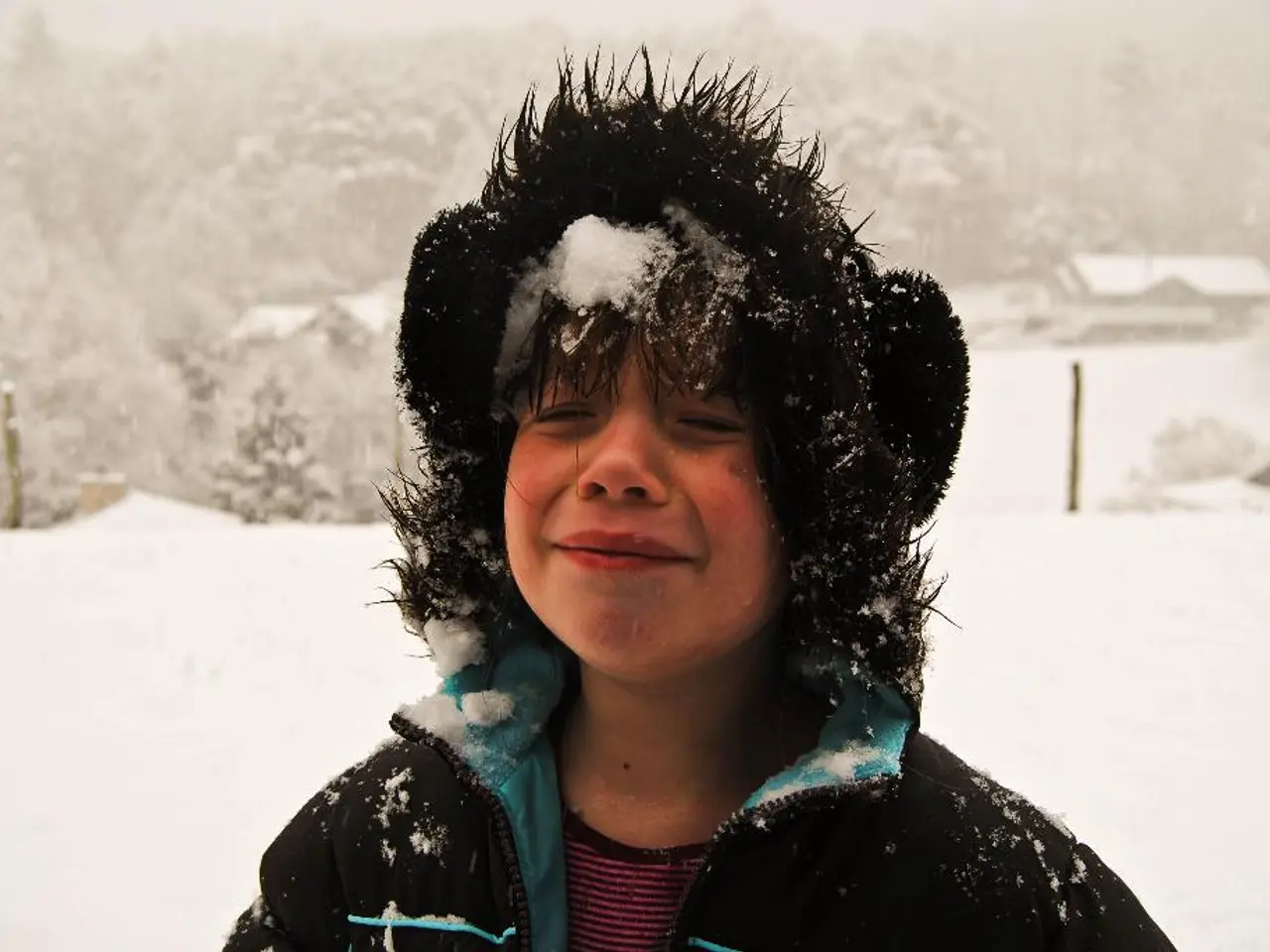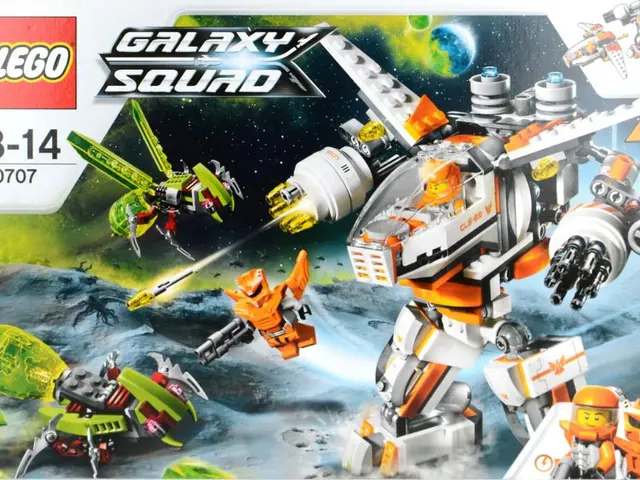Guiding Your Child through Troublesome Peer Relationships
In the complex world of childhood friendships, it's not uncommon for children to encounter toxic friendships. These relationships, characterised by manipulation, emotional drain, and a negative impact on well-being, can be challenging to navigate. However, with the right guidance and support, parents can help their children manage and overcome such situations.
Julietta Skoog, an Ed.S certified advanced positive discipline trainer, and Laura Kastner, Ph.D., a clinical psychologist and clinical professor of psychiatry and behavioural sciences at the University of Washington, offer valuable insights on this topic.
Skoog recommends reading resources such as "Talking to kids about friendships" (a blog post for parents), "The Not So Friendly Friend" (a book for kids ages 4-7), and "A Friend Like You" (a book for kids ages 5-8) to help understand and address toxic friendships.
One of the most effective ways to minimise the harm of a toxic friend is by providing other positive social interactions and experiences. Offering positive social experiences, such as family dinners, game nights, or group activities, can help children deepen connections with other friends.
Talking through a tough friendship can help children understand the pros and cons, and normalise ups and downs in friendships. Skoog suggests discussing friendships as a roller coaster, with ups and downs, to help children see patterns. She also recommends drawing out a "friendship timeline" to help children visualise patterns in their relationships.
Learning how to navigate hard situations and relationships is a valuable skill that parents can support their children in developing, rather than solving problems for them. Parents can empower children to seek help or take a break from a toxic friendship by encouraging them to reach out to teachers or school counselors.
In some cases, setting firm boundaries, such as limiting contact with a friend involved in illegal or dangerous behaviours, is necessary. Even if a child is upset by a decision to limit contact with a toxic friend, they may secretly be relieved.
Role-playing can provide children with tools and strategies to handle tough moments in friendships. This can help them learn how to assert themselves, set boundaries, and communicate effectively.
It's important to note that toxic friendships are different from bullying, which is generally defined as a relationship of torment over time between two people with unequal power. A toxic friendship implies mutual harm, with manipulation, control, and a negative impact on well-being for at least one person.
Signs that a child might be experiencing a toxic friendship include changes in behaviour such as not sleeping well, loss of appetite, sudden disinterest in activities they once enjoyed, and fear of being made fun of. If you notice these signs, it's crucial to have an open and honest conversation with your child about their friendships.
By being curious and asking questions, rather than advising or displaying emotional reactions, parents can help their children navigate toxic friendships. This approach allows children to express their feelings and concerns, and provides them with the opportunity to find solutions with guidance and support.
In conclusion, navigating toxic friendships is a challenging but important part of childhood. By providing resources, encouraging open communication, and empowering children to seek help, parents can help their children develop the skills needed to manage these situations and build healthier, more positive relationships.
Read also:
- Greece pursuing building techniques without the use of traditional heating methods
- United States Postal Service Upcoming Price Hikes for Festive Delivery: Essential Details and Amounts Disclosed
- Guaranteed to Delight Any Mother: 39 Thoughtful Gifts to Consider
- Utilize Our Ibiza Courses for a Complimentary Media Kit to Elevate Your Business Profile!








